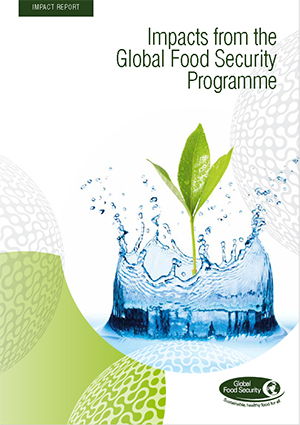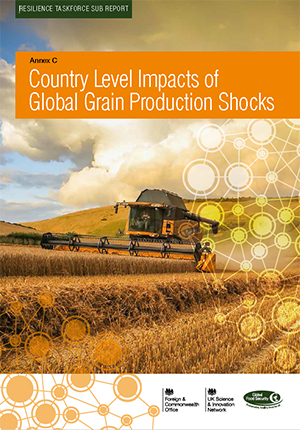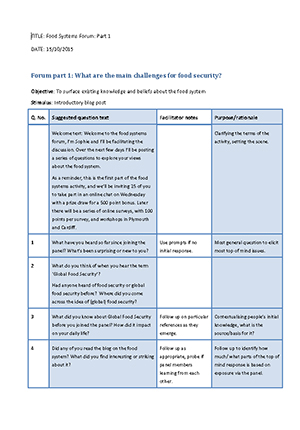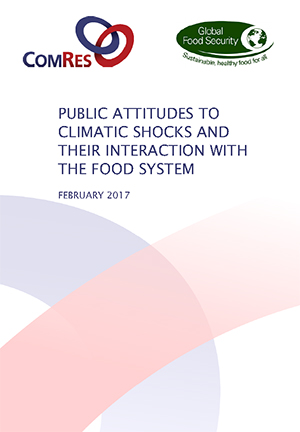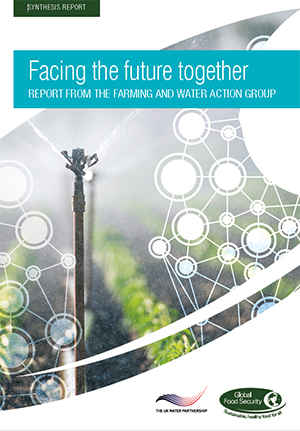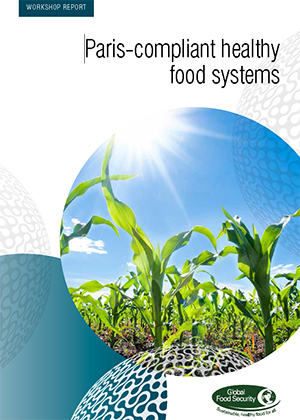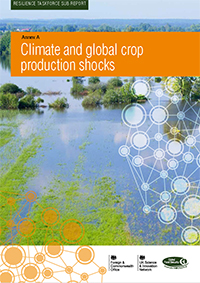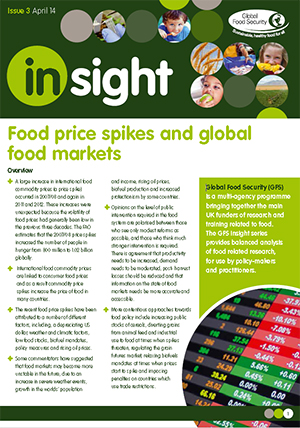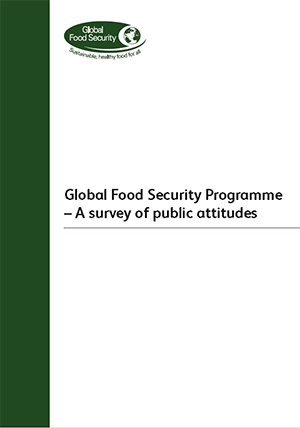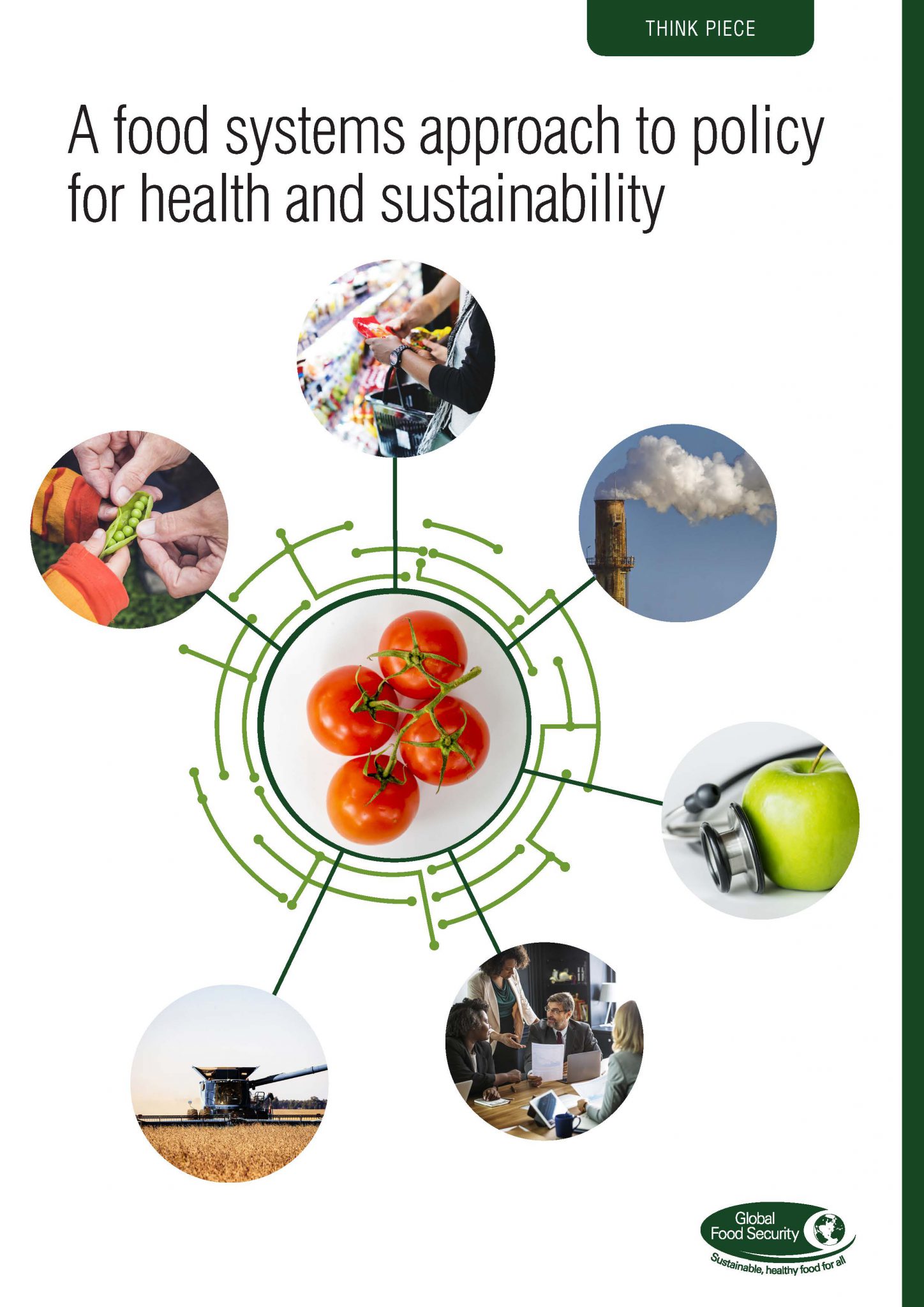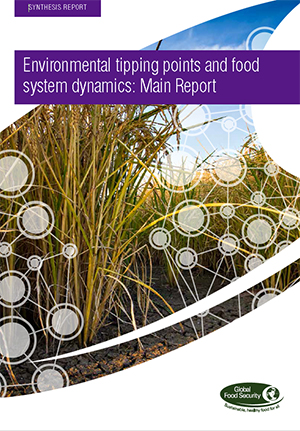
Environmental tipping points and food system dynamics: Main Report
This report details outcomes and recommendations from an inter-disciplinary and inter-sectoral working group considering tipping points in the food system. Their work provides evidence for the existence of environmental tipping point as well as an exploration of their potential consequences for global food security and options for risk mitigation.
(You can view PDF documents by downloading a PDF reader. We recommend using Google Chrome or Mozilla Firefox web browsers.)


